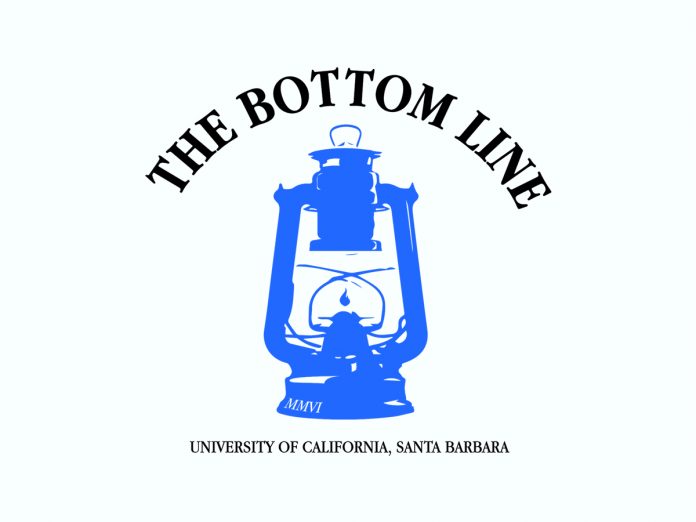Jennifer Sor
News Editor
After a major loss in revenue during the Spring quarter, UC Santa Barbara Housing, Dining & Auxiliary (UCSB) Enterprises continues to take a hit from COVID-19, leading some officials to call the situation “a challenge” and “stressful for everyone.”
In an email sent to The Bottom Line, Director of News and Media Relations Andrea Estrada said that the office is “seeing a $40 million reduction for Fall 2020.” Estrada did not disclose how much revenue the housing department makes in a typical school year, nor is this information published in the University of California’s 2018-2019 Financial Report.
The remote Fall quarter has continued a coronavirus-induced downturn for the university, with on-campus housing reaching an all-time low. According to Mario Munoz, assistant director of Housing & Residential Services, a total of 119 undergraduates have been permitted to move into on-campus housing this quarter, with another 274 undergraduates being placed in one of three Tropicana Student Living complexes adjacent to UCSB.
Only students with “special circumstances” have been permitted to do so, in line with the school’s Fall Instruction and Campus Housing memo released on Aug. 28. When asked to define “special circumstances,” Munoz said this included Guardian Scholars, Unaccompanied Homeless Youth, Promise Scholars, dance or music majors taking in-person classes, athletes required to be on campus, and international students unable to return to their home countries.
“Students with truly extenuating circumstances that would prevent them from successfully attending school remotely” were also allowed to move into on-campus housing, he added.
According to Munoz, approximately 15.5 percent of university-owned housing is currently occupied for fall quarter — up slightly from the 93 percent of cancelled housing contracts in spring, when COVID-19 prompted an exodus of over 7,000 students living on campus back to their family homes.
“We have been facing an ever-changing landscape, with a lot of unknowns,” said Mario Munoz, assistant director and housing and residential services. “Many students and parents experience frustration when they expect answers from us that we do not have, and that can be stressful for everyone.”
“The housing department is taking a loss,” previous Assistant Director Jill Hurd told The Bottom Line in April, although at the time, Hurd said she didn’t know the exact amount the school would be losing.
Other colleges have reported similar losses — feeling the effects of a closed campus and low dorm occupancy rates. On Oct. 11, UC San Diego Chancellor Pradeep Khosla said that the school had a projected loss of up to $450 million due to the pandemic, noting that 5,000 fewer students than expected are living on campus for fall quarter. UC Berkeley Chancellors Carol Christ and Paul Alivisatos gave similar statistics, reporting a projected loss of $340 million and “nearly vacant” residence halls.
Although UC Santa Barbara has not released total projected losses, the university has been criticized by community members for making budget adjustments due to lost revenue, which has included layoffs of university employees and imposing regular tuition and fees despite remote instruction.
When asked if another quarter of remote instruction would lead to consequences for employees and students — such as additional layoffs or hiked tuition — Estrada declined to speculate. “Many of the costs covered by campus-based fees continue even in the current crisis, such as debt service for student facilities and campus infrastructure maintenance,” she said.
Outside the $40 million deficit, Munoz said that COVID-19 was a stressor for the housing department, complicating day-to-day operations. “It has been a challenge moving to a remote work environment,” he said. “We have the technical tools to do our jobs, such as data access and continuity of our email and phone systems, but the team being situated in different physical spaces can be difficult sometimes.”
“We have been facing an ever-changing landscape, with a lot of unknowns,” Munoz added. “Many students and parents experience frustration when they expect answers from us that we do not have, and that can be stressful for everyone.”











